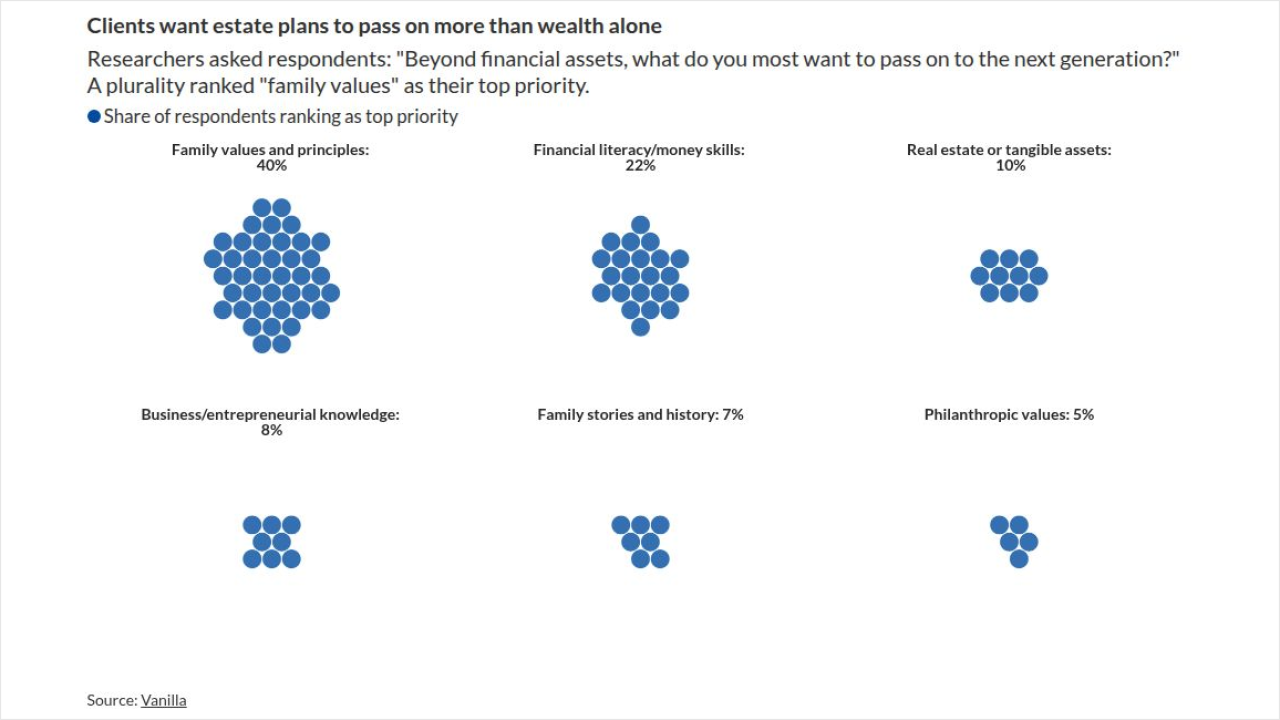The June 2012 issue of Financial Planning included a controversial column from industry expert, author and instigator, Bob Veres.
His
In a discussion moderated by Tom L. Potts, advisors Nathan Gehring, Lisa A.K. Kichenbauer and Joseph Pitzl, shared their reactions to the article.
Though Veres was not at the session, I shared with him some of the comments and themes that came up during the discussion. We have his response below.
The panelists seemed to agree that you like to be a little controversial from time to time.
"Bob likes to lob a grenade every once in a while and let us duke it out," Kirchenbauer said.
I prefer to think that I'm good at starting rich, important conversations in the profession, but this actually sounds more like the truth.
The main point the panelists made and seemed to agree on is that we have not defined what financial planning is, and therefore it's very difficult to define what it isn't or keep out or "punish" those who aren't doing it. This comment from Gehring sums it up well:
"The reason financial planning exists is to help people make good decisions. But we haven't decided what real planning is. How do you punish someone if you don't define what the terms are, if you punish them just based on your ideas?"
My first response here is, nobody is suggesting that we PUNISH anybody. What I suggested was that people who are primarily doing asset management work call themselves something other than financial planners, and people who drift from the hard work of giving planning advice think twice about the wisdom of it.
Similarly, Pitzl said he doesn't believe there is one right way, one true way to do financial planning.
Of course, I agree. This has the feel of reducto ad absurdum. We are not arguing about a "true" way to do financial planning, but about doing financial planning work for clients, rather than abandoning it for a more (temporarily, at least) lucrative service model. I find myself wondering: Does Joe think that the profession has to come up with a "true" financial planning process and methodology before we can talk about who is and is not a financial planner? Do plumbers have to have one "true" process for fixing your plumbing before they can hold themselves out as plumbers?
Kirchenbauer also argued that you must be doing comprehensive planning and coordinating all aspects of a client's financial issues if you are calling yourself a financial planner.
I agree. We don't need to define what financial planning is to expect financial planners to address some universally-recognized financial issues in their service model. I would include retirement planning, broader goal planning (including educating the kids, if there are any), estate planning (not just estate tax planning, but addressing how assets will be distributed and what legacy the client wants to leave, to whom), tax planning, investment advice, personal risk management (including life, disability, LTC, umbrella coverage and health insurance) and one-offs like charitable planning and planning for special needs kids. There may be more, but if those issues are carefully scrutinized with a professional eye, and coordinated into a set of recommendations that takes them all into account, then I think we can say that the consumer received financial planning services.
An interesting comment from Gehring was that the compensation and business model a planner uses doesn't matter as far as whether they are doing financial planning or not, what matters is what they do.
For this discussion, I think he's right. There's a broader discussion about who is a true professional, and whether doctors, lawyers, accountants, plumbers etc. can work on commission from the sales of products they recommend or use, and still fit under the "professional" definition. But that really isn't what we're talking about here.
An audience member said it felt like the article was attacking people who make a living selling.
If they make a living selling, then by definition they aren't providing objective, comprehensive advice about a client's financial goals. The analysis is being done to serve their own sales goals, not the client's--and I would argue this even if they are recommending a variety of products and choosing what they consider to be the best one; the client will inevitably receive a recommendation to buy a commission-paying policy.
Nobody is attacking them; selling for a living is an honorable profession in our economic system. But please don't call yourself a financial planner if you are really a mutual fund marketer, or a life insurance salesperson, and this is where your expertise lies. I strongly believe that everybody in the financial services world should disclose their agenda for the relationship going in, so the consumer can recognize the boundaries and conflicts inherent in the advice they are receiving. I've always wondered why life insurance agents considered that proposal to be an attack, unless they don't believe there is real value in the products they're recommending.





